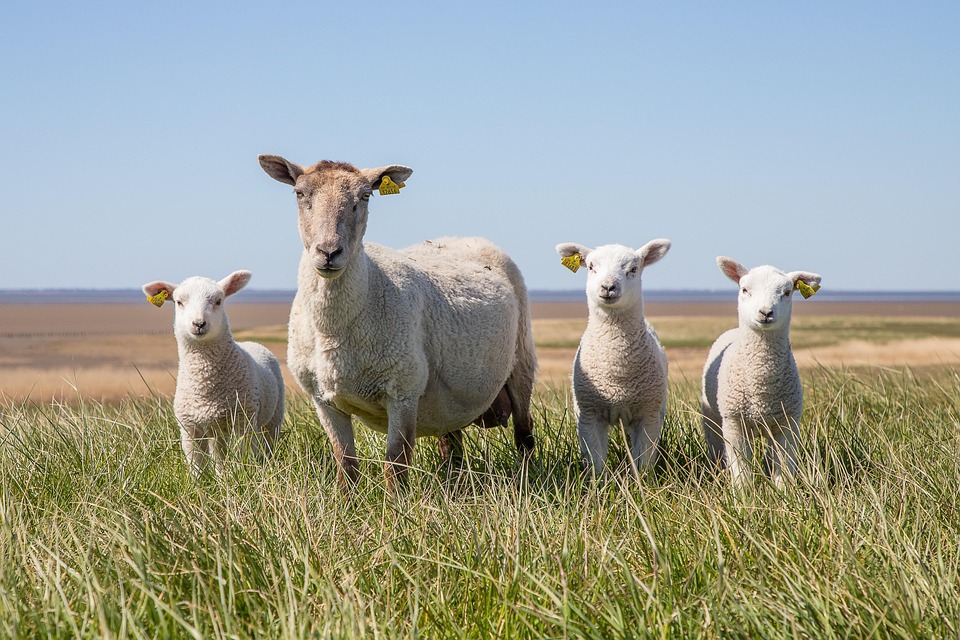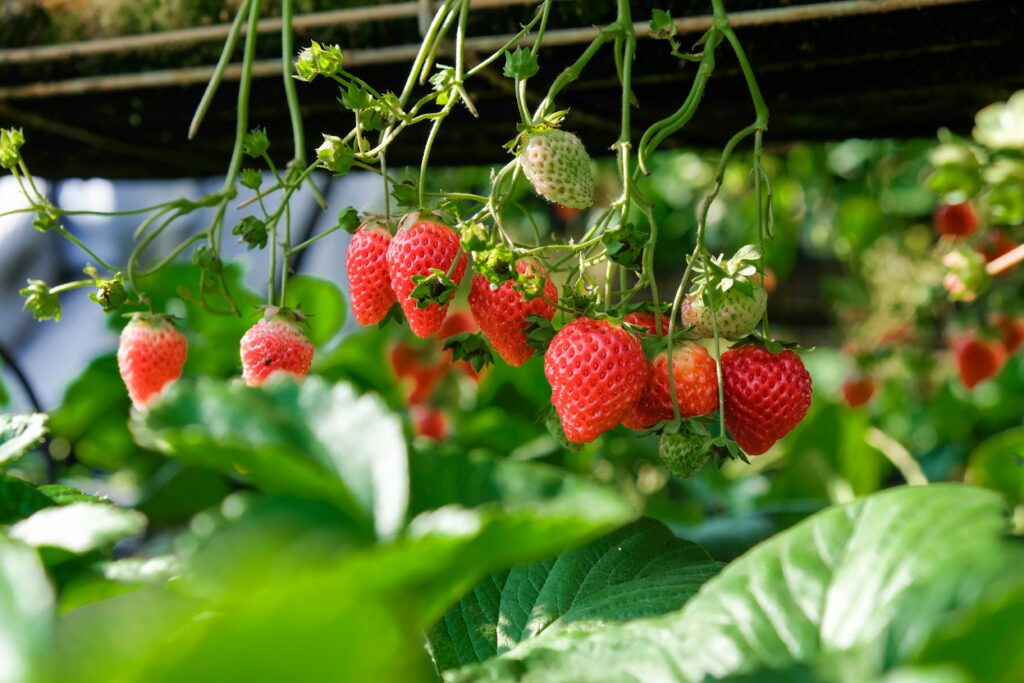Natural Solutions for Organic Farming
The Challenges
Organic farming is expanding across Europe, yet it faces particular hurdles that must be addressed to achieve truly sustainable food systems

Copper Use
in Organic Farming
3,250 tonnes of copper metal per year, primarily as fungicides for fruits and vegetables.1
Sulfur Toxicity
in Organic Farming
EFSA flagged high risks from sulfur to honeybees, soil organisms, and beneficial insects — especially with Sulphur Dust. Even Sulfur 80% WG (water-dispersible granules) requires mitigation to avoid harm.2
Antiparasitic remedies Use
in Organic Livestock
The anthelmintic resistance rates are estimated to be at as much as 95% in sheep and goats and 60% in cattle and horses. 3
Antibiotic Resistance
in Organic Livestock
18% on organic farms vs. 28% on conventional farms. Worryingly, resistance is increasing in both systems—doubling between 2001 and 2020 on organic farms. 4
1 Tamm et al. (2022), Use of Copper-Based Fungicides in Organic Agriculture in Twelve European Countries – Agronomy
2 EFSA (2023), PMC9993132
3 RELACS Project – Anthelmintics Factsheet (2020)
4 Ager et al. (2023), Global Trends in Antimicrobial Resistance on Organic and Conventional Farms – Scientific Reports
5 NIBIO, Pesticide residues in organic fertilisers (2023)
6 Birge et al. (2024), Greenhouse study and interviews indicate glyphosate residue via feed-feces-fertilizer route is a risk for horticultural producers using manure-based fertilizer – Environmental Sciences Europe
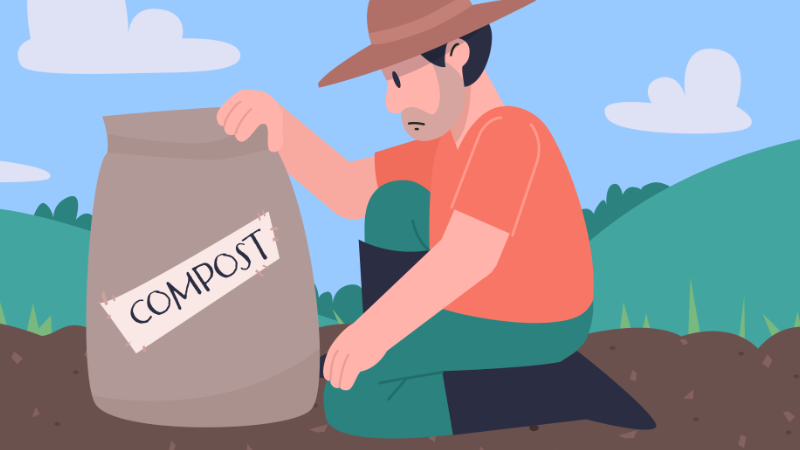
BIO2 builds on the latest science to replace these inputs with solutions that work in harmony with nature. We also support the European Green Deal and the EU Farm to Fork Strategy – advancing sustainable, circular, and resilient food systems.
Our natural solution
BIO2 develops natural solutions
across three key areas

Microorganisms
for Crop Protection
Beneficial yeasts and bacteria, together with microalgal extract with proved fungicide activity, are encapsulated in natural polymers from algae and calcium phosphate, and applied to crops as biocontrol agents. The encapsulation protects these active principles from heat, sunlight, and other field stresses — helping them stay active longer and support the plant’s natural resilience, similar to how probiotics support gut health.
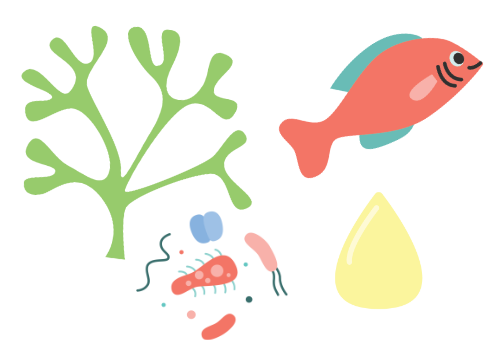
Bio-based Fertilizers
Made from fish processing side-streams, macroalgae, recycled human urine, and microbes, these fertilizers are tailored to meet the specific nutrient needs of different organic crops — providing balanced nutrition without pesticide residues and reducing dependency on conventional, animal-based inputs.
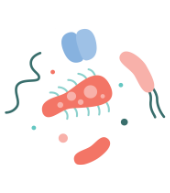
Natural Animal Health Products
Including microbial immunostimulants from inactivated mycobacteria and corynebacteria (which trigger immune responses), as well as bark extracts with antiparasitic properties. These innovations reduce the need for antibiotics and antiparasitic drugs — helping to protect animal welfare, soils, and ecosystems.
All BIO2 products are tested under real organic farming conditions — with crops and livestock — to ensure safety, efficacy, and scalability.
Our Impact
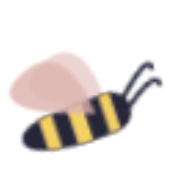
Reduce environmental pollution from copper, sulfur, antibiotics, and antiparasitic drugs

Preserve soil health, biodiversity, and insect life (e.g. dung beetles, pollinators)

Strengthen crop resilience naturally — with long-lasting, targeted protection
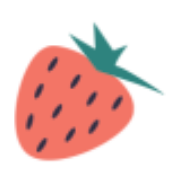
Improve transparency and trust in organic inputs
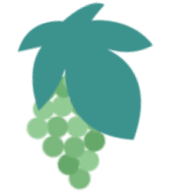
Support a circular bioeconomy by using side streams and waste as new resources

Help farmers transition to more sustainable, future-proof systems
Key Outputs by 2029:
- 1 bio-based crop protection product
- 2 sustainable, tailored biofertilizers
- 1 microbial immunostimulant
- 1 plant extract-based antiparasitic solution
- 5 field trial reports with full agronomic and efficacy data
- Comprehensive life cycle and sustainability assessments
- Strong knowledge base, training activities, and alignment with EU initiatives
Key figures
- Programme: Horizon Europe (HORIZON-CL6-2024-FARM2FORK-02-1-two-stage)
- Title: Natural biomass and microbial biocontrol agent solutions for the replacement of contentious inputs in organic farming
- Duration: May 2025 – April 2029 (48 months)
- Budget: € 6 million
- Coordinator: Alessio Adamiano, Consiglio Nazionale delle Ricerche (CNR), Italy
- Consortium: 20 partners from 8 countries

